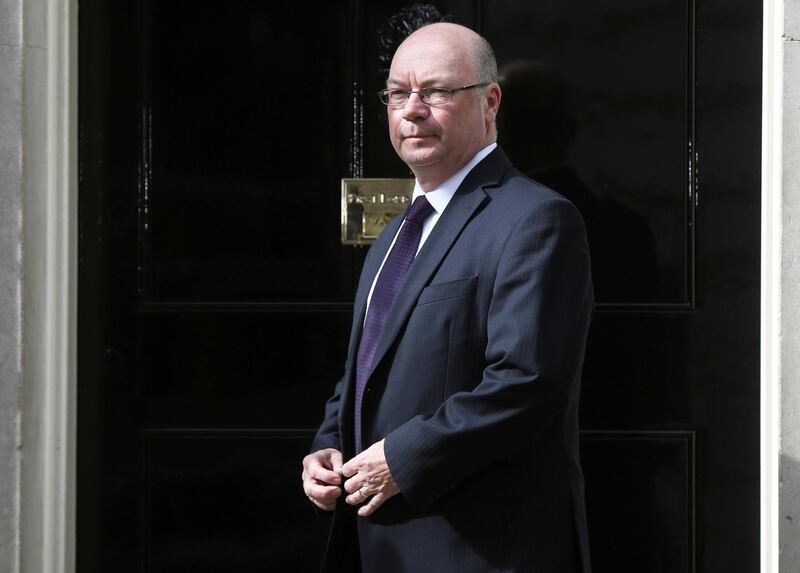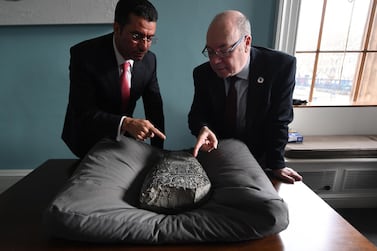The British departure from the EU is less damaging to the UK’s influence abroad than the fractious domestic political debate would imply and grants the country the opportunity to sharpen its diplomatic impact in the Middle East, according to policy makers and opinion-formers meeting in London on Tuesday.
Regional perceptions of the European Union as a drag on cooperation between the region and leading states have weighed on Britain’s diplomatic efforts and with more elbow room officials from the UK could forge a bigger role.
Alistair Burt, a former middle east minister in the Foreign Office, said he was often greeted with the phrase “you know us best” on his travels and officials had to exploit that perception when the forthcoming break with the European Union takes place. “That sense of relationship is fundamental,” he said.
Sir Mark Lyall-Grant, a former UK national security adviser, told the conference at the Royal United Services Institute (Rusi), the post Brexit administration should revisit and update the Gulf Strategy adopted by David Cameron’s government in 2010.
Sir Mark reminded the audience that Britain had long sought to manage its foreign affairs in three distinct spheres, with the US, with the EU and with the world at large and would face the same task outside the EU.
The prospect was not nearly as challenging as a split with Scotland, which was subject to a 2014 referendum, which would result in a loss of territory and national identity.
“A Scottish departure would much more damaging, it would change the population, change the territory and change the name of country,” he said. “When it happens we will face a choice if we want to be global Britain or niche Britain. I believe we will not want to be a larger Norway or Netherlands.”
Nonetheless, a changing flux of relationships in the Middle East would be likely to see new opportunities to take on niche diplomatic capabilities or undertakings, according to David Roberts, an expert on the region at Kings College London.
“There is space opening up there as we pass the apex of the US relationship with the region,” he said.
While participants including Baroness Ashton, the former EU high representative on foreign policy, said that Britain would be deprived of the reach of the 27 members of the EU in a post-Brexit world, other contributors were saw different pillars of London’s foreign policy move to the fore.
Sir Mark, as a former British permanent representative at the United Nations, said that the UK was a member of more international contact groups and informal structures than any other state.
With the UK seat on the UN security council remaining a significant diplomatic card, there was likely to be more interest in how the UK played its role without being embedded in the consultative processes tied to Brussels.
The EU’s failure to develop a trade relationship with the region — such as the type of free trade deals it has with Canada or South Korea — was another opportunity for the UK to steal a march on the bloc.
The real distraction for many of Britain’s diplomatic partners was not necessarily Brexit but the damaging political and economic fallout of the country’s failure to go forward with it. The Rusi panels heard warning against the protracted domestic wrangling lasting for another decade.
Boris Johnson and Jeremy Hunt, the current and ex-foreign secretaries who are vying to take over as prime minister later this month, have vowed to execute Brexit as a matter of urgency. Mr Johnson, the front-runner, has declared the schism will happen, come what may, by October 31.






